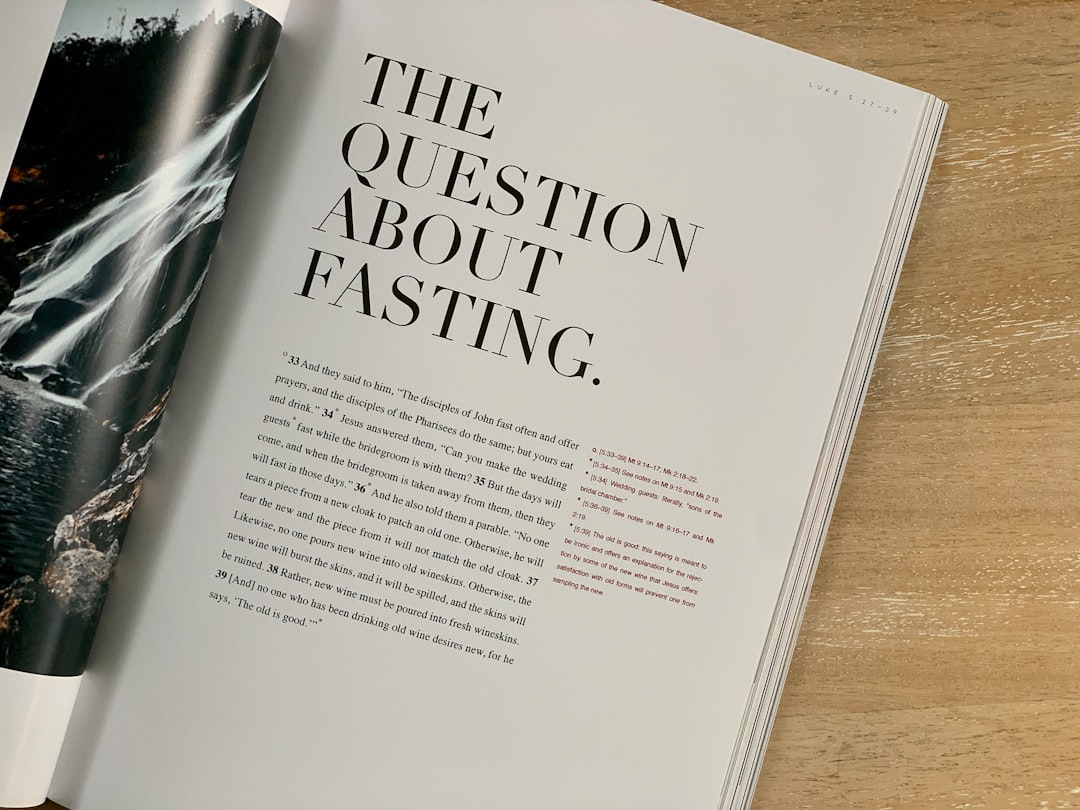
Fasting is an ancient practice experiencing a revival as modern science reveals its many benefits. Sages and prophets have promoted fasting’s physical and spiritual cleansing effects for millennia. Now studies are confirming what ancients seemed to intuitively grasp—that fasting completely transforms health in multiple ways.
Evolutionary speaking, it makes sense. Ancient humans would not have had a constant supply of food, they would have only eaten when food became available. Moreover, when they did eat, their food would have been packed with nutrients and would have satiated them.
A recent study called “Bio-Hacking Better Health - Leveraging Metabolic Biochemistry to Maximise Healthspan” looks at how, “in the pursuit of longevity and healthspan, we are challenged with first overcoming chronic diseases of ageing: cardiovascular disease, hypertension, cancer, dementias, type 2 diabetes mellitus”.
The authors conclude that “fasting and ketogenic diets increase ketogenesis concurrently decreasing insulin secretion and demand…Lifestyles that maintain lower insulin levels decrease antioxidant catabolism, additionally increasing their synthesis, improving oxidative stress management and mitochondrial function and, subsequently, producing healthier cells. This supports tissue and organ health, leading to a better healthspan, the first challenge that must be overcome in the pursuit of youthful longevity”.
But what is fasting, how is it done and how does it make you more healthy?
How Fasting Promotes Metabolic Health
Fasting gives the digestive system a break from processing food, allowing the body to enter a state called ketosis. Here the metabolism shifts to burning stored fat as its main fuel source in the absence of food glucose.
As fat breaks down, levels of ketones—byproducts of fat metabolism—rise in the bloodstream. Ketones can be used as an alternative energy source by the brain, making them very efficient. This gives the brain a boost while the body takes advantage of not digesting and metabolising food to initiate restorative mechanisms.
In the first few days of fasting, the metabolism ramps up fat burning processes through changes in key hormones. Insulin, which normally stores energy, drops. Meanwhile counter-regulatory hormones like glucagon and growth hormone rise to mobilise energy from storage. This facilitates breaking down fat as well as glucose reserves in the liver and muscles to power the body and brain.
Longer fasting periods allow for greater mobilisation of fat stores and declining levels of blood glucose and insulin. This metabolic shift is characterised by protein sparing, which helps preserve muscle. The body turns mainly to burning its generous fat supply while conserving its limited protein reserves. This adaptation likely evolved to conserve precious muscle protein during our ancestors’ inevitable periods of food scarcity.
Keep reading with a 7-day free trial
Subscribe to The Naked Emperor’s Newsletter to keep reading this post and get 7 days of free access to the full post archives.


